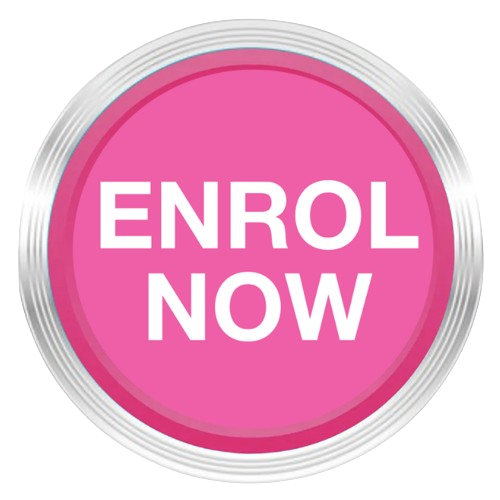This IELTS Course is designed for students aiming for a score of 6.5 or higher on the IELTS exam. The 15 hour course provides essential exam strategies and practice to prepare students for the IELTS exam and university level courses taught in English. The online small group format allows for flexible scheduling, while face-to-face sessions offer personal interaction and support from instructors.
Students receive detailed feedback from tutors on written assignments and evaluations by an IELTS examiner on their role plays. Additionally, they have the option for private 1:1 speaking practices with a native English speaker focused on improving pronunciation and fluency.
Each week includes a spelling test to enhance grammar and vocabulary learning. Our qualified teachers will guide students in maximizing their potential, utilising the MINDSET for IELTS Level 2 student Book published by Cambridge University Press & Assessment as the primary text for a structured learning experience.
- IELTS Core Exam Topics
- Writing Plus: Weekly writing assignments with feedback
- iSpeakPerfect Module: Upgrade option for weekly reading with corrective pronunciation feedback
- Speaking Plus: Includes group speaking practice, with private sessions available as an upgrade
- Listening Plus: Training to predict and listen for specific information
- Spelling Plus: Weekly spelling tests to reinforce learning

Meet Jasmine F.
As an IELTS examiner and dedicated instructor with 30 years of experience, Jasmine helps students master writing, speaking, listening, vocabulary, and exam success in IELTS and TOEFL examination.
Research has consistently shown that reading regularly can significantly enhance vocabulary acquisition. Here are some key findings that support this.
In summary, the evidence strongly supports the idea that regular reading is a powerful tool for vocabulary acquisition. By engaging with diverse texts, students can significantly enhance their vocabulary, comprehension, and overall language skills.


